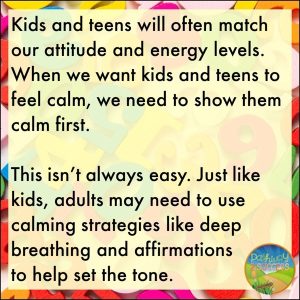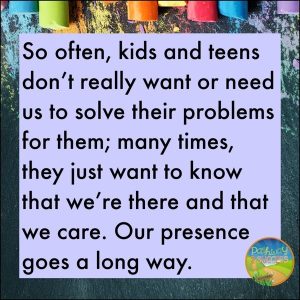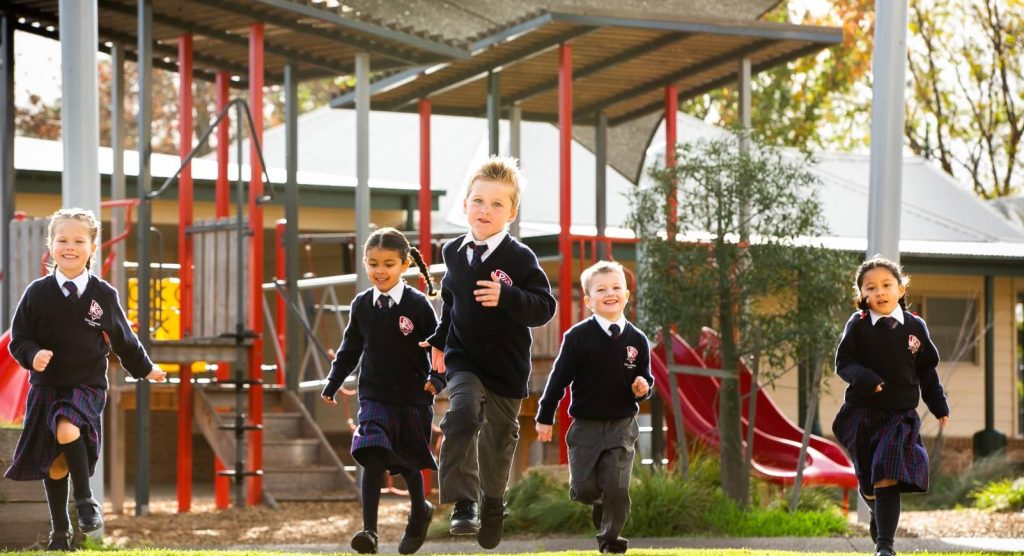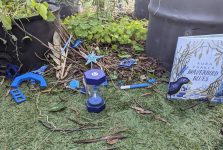Co-regulation
Recently I came across a post by Pathway2success which I have found to be a very useful resource; simple and direct.
In the post they discussed the success and importance of co-regulation.
Children work, play, communicate and function at their best when surrounded by parents/carers/teachers with whom they feel safe and comfortable.
They look up to these people to guide and model behaviours in any given moment or situation. Sometimes these moments can present as challenging, upsetting and confusing.
As adults, we pull out all our resources and coping mechanisms to guide us through.
It is during some of these moments that our children/teens are watching and taking mental notes as to how we manage the situation.
Our energy levels, language and attitude are all being weighed up and analysed by the child.
Hence this is where co-regulation fits in.
Co-regulation relates to the feelings and behaviour of people in close proximity to us, how they directly impact how we feel, and how we respond to our own emotions.
When children become upset, if those around them stay calm, demonstrating how to be calm down, the child can calm down quicker.
As parents/carers/teachers we can teach and practice coping strategies with our children, be open to discussion and be aware of them observing you. What are they seeing?
Being self-aware is being in tune with how you are feeling and understanding what is causing the emotion (fear/frustration/sadness).
Emotional regulation ‘is the ability to exert control over one’s emotional state’.
Think back to a time when you were running late dropping the children to school, the traffic is at a standstill and a car cut in front of you. How did you react? What was the feeling? What was your energy like? What impact did this have on the children?
Our choices and coping mechanisms, whether that be taking a deep breath, listening to music, counting to five, acknowledging the feeling we have and making the time to communicate this with our children will better prepare them in challenging situations.
Sharing some of the coping mechanisms that have worked for you and helped with your own self-regulation will build their toolbox when managing their own emotions.


Mandy Barr
Counsellor

 1017
1017










